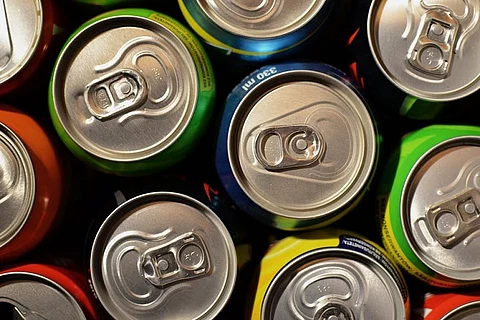

A can of low sugar or 'diet' soft drink every day may increase your chances of stroke and dementia, according to a new research that has been published in a journal for the American Heart Association (AHA).
“Drinking at least one artificially sweetened beverage daily was associated with almost three times the risk of developing stroke or dementia compared to those who drank artificially sweetened beverages less than once a week,” American researchers, who published their findings, claimed.
“After adjustments for age, sex, education (for analysis of dementia), calorific intake, diet quality, physical activity and smoking, higher recent and higher cumulative intake of artificially sweetened soft drinks were associated with an increased risk of ischaemic stroke, all-cause dementia and Alzheimer’s disease dementia," the research added.
For the study, researchers analyzed the self-reported diets of two sets of people participating in the 'Framingham Heart Study', which examined the beverage intake of more than 4,000 people, over seven years.
The researchers followed up on the study, examining people over a period of more than a decade.
Speaking to The Guardian, Tam Fry, a spokesman for the National Obesity Forum, said, “Don’t be fooled by the use of the word diet. Diet drinks were dreamed up as a description by an industry wanting to lull you into believing that it was a healthy thirst-quencher. Whether you’re thin or fat and thirsty, and not near a good old-fashioned tap, buy yourself bottled water."
While the study concluded that "Artificially sweetened soft drink consumption was associated with a higher risk of stroke and dementia", it's a little trickier than that.
Dr Christopher Gardner, who was the lead author of a 2012 paper for the AHA, said that consumers shouldn’t “overinterpret” the latest study’s results.
“It’s a tricky thing...Nobody ever said diet sodas were a health food. So, the bottom line is, ‘Have more water and have less diet soda’. And don’t switch to real soda,” he was quoted as saying.
A press release by the AHA also quoted Rachel K. Johnson, professor of nutrition at the University of Vermont, as saying, “We need to be cautious in the interpretation of these results. It doesn’t prove cause and effect. When you see these kinds of associations, you want to always ask what is the biological plausibility, what is the mechanism that might be causing this?”